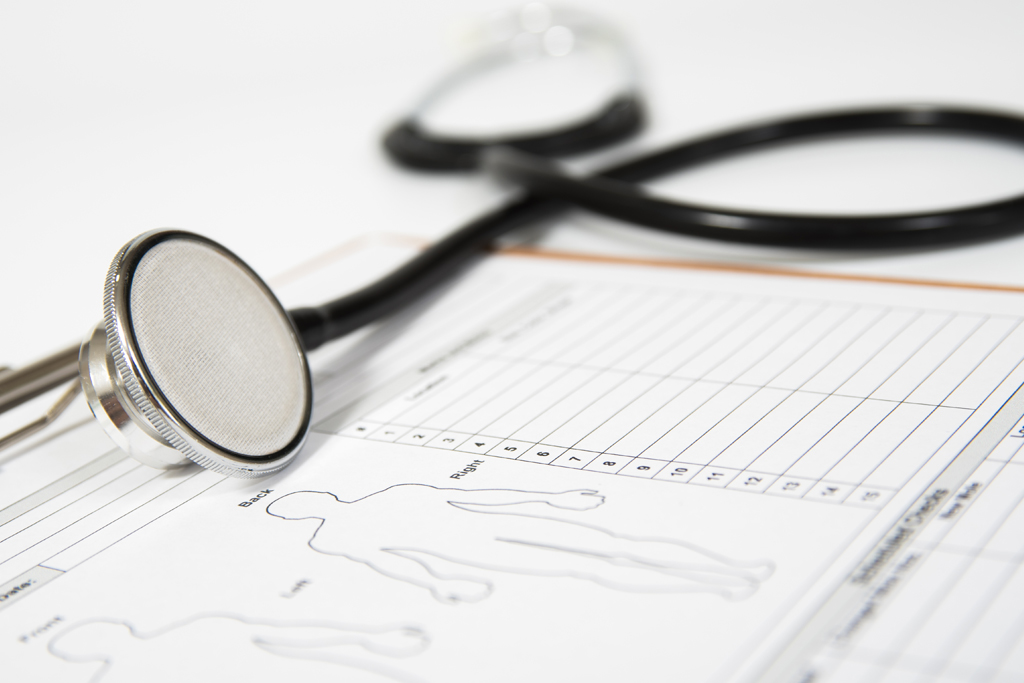
What is Biomedical Engineering?
iomedical engineering (BME) is the application of engineering principles and design concepts to medicine and biology for healthcare purposes. BME is advancing rapidly and producing important innovations that improve the quality of human life. The aim of BME is to create new technologies which can improve the work done in such areas as disease diagnosis, patient monitoring, medical treatment, and lifestyle improvement after illness or injury.
Department of Biomedical Engineering at Chonnam National University
The Department of BME at Chonnam National University was established in 2012 as a next-generation growth engine. The BME undergraduate degree program emphasizes engineering design in preparation for employment in biomedical industries and for graduate study.
This department is integrated science including medicine, electronic engineering, computer engineering, mechanical engineering, and a wide range of basic and applied biology knowledge. The courses and academic programs of BME are linked to the biomedical industry that requires substantial overall knowledge and skills.
Professors
- Chang-Moon Lee [Professor, Molecular Imaging and Therapy, Nanomedicine, Biomaterials, Drug Delivery System, cmlee@jnu.ac.kr]
- Jihoon Kang [Associate Professor, Medical Imaging System, jihoon.kang@jnu.ac.kr]
- Hang-Sik Shin [Associate Professor, Biomedical Signal Processing, hangsik.shin@jnu.ac.kr]
- Dowon Kim [Assistant Professor, Neuroengineering, Biomedical Signal Processing, dowon.kim@jnu.ac.kr]
Degree Requirements
The undergraduate programs are designed to help students develop both the understanding and capability needed to meet the challenges of a modern technological society.
Students are required to earn at least 140 credit hours (109 from Department courses and 31 from electives), which normally takes four years of full-time study.
Students are also able to earn double majors or minors as a means of broadening the scope of their studies.
What Do You Study?
- Human Anatomy
- Human Physiology
- Body structure and Function
- Medical Terminology
- Digital Fundamentals
- Circuit Theory & Practices
- Biomaterials
- Signals and Systems
- Introduction to Biomedical Engineering
- Medical polymers
- Biomedical Instrumentation
- Biomedical Advanced Programming and Practices
- Biomedical Digital System Design and Practices
- Biomedical Electronic Circuits and Practices
- Biomedical Signal Processing and Practices
- Biomedical Image Processing and Practices
- Biomedical System Design and Practices
- Biomedical Programming language and Practices
- LabView Programming and Practices
- Matlab Programming and Practices
- Adcanced VHDL Practices
- Brain Engineering
- Digital Signal Processing
- Microprocessor and Practices
- Mobile Programming and Practices
- Bionanotechnology
- Biosensor Engineering
- Biomedical radiology
- Hospital Information System
- Biomechanics
- Biochemistry
- Cell Biology
- Organic Chemistry
- Medical Devices Regulation
- Biomedical Equipment and System
- Biomedical Optical Engineering
- Understanding of Clinical Medicine
- Rehabilitation Engineering
- Tissue Engineering and Regenerative Medicine
Careers
Graduates are employed at universities, in industry, in hospitals, in research facilities of educational and medical institutions, and in agencies for medical devices.
They often serve a coordinating or interfacing function, using their background in both the engineering and biomedical fields. Graduates may also enroll in a graduate program in the field of biomedical engineering.

